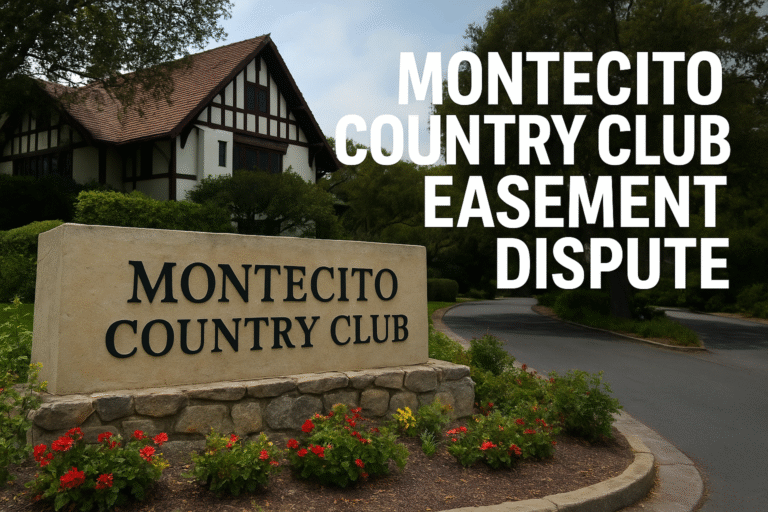Spain 500: A Complete Guide to Meaning, History, and Impact
The phrase Spain 500 often sparks curiosity among readers, researchers, and history enthusiasts. It can represent multiple interpretations, from Spain’s economic milestones and sporting achievements to cultural or historic references such as the 500th anniversaries of significant events. Understanding what “Spain 500” means requires more than just a surface glance—it calls for a deep dive into Spain’s legacy, milestones, and the modern context where the term is used.
This article explores the origins, meanings, and applications of Spain 500 in different contexts. Drawing from real history, cultural observances, and practical insights, it provides a people-first explanation that solves the searcher’s intent more thoroughly than typical short summaries.
What Does Spain 500 Mean?
The term “Spain 500” does not have a single fixed definition. Instead, it is used across different domains:
- Historical Reference: Spain often commemorates its 500th anniversaries of key moments, such as Columbus’s voyage of 1492 (celebrated in 1992 as Spain 500).
- Cultural Milestone: The phrase highlights Spain’s ability to preserve traditions while marking half-millennia of historical turning points.
- Sporting and Economic Context: Spain 500 has appeared in relation to events like motorsports, marathons, or discussions about Spain’s top-performing companies, similar to a Fortune 500 list.
- Tourism & National Identity: For travelers, “Spain 500” often refers to guides or trails marking heritage routes tied to 500-year anniversaries.
Each interpretation carries weight, but the unifying theme is Spain’s resilience and enduring presence across centuries.
Historical Context of Spain 500
Spain has long been central to world history. The 500-year marker often refers to the quincentennial of monumental events. A prime example was Spain 500 in 1992, when the nation and much of the world commemorated 500 years since Christopher Columbus’s expedition reached the Americas.
That anniversary was not just about discovery; it was about cultural exchange, global expansion, and sometimes controversy, since Spain’s exploration also meant colonization and changes to indigenous societies. Such commemorations show that “Spain 500” is more than a number—it is a lens into history’s complexity.
Spain 500 in Sports and Competitions
Sports have also borrowed the “500” branding to highlight prestige and endurance. Much like the Indianapolis 500 in the U.S., Spain has used similar terminology for races, marathons, or special events. In cycling, motorsport, and marathon competitions, Spain has symbolized stamina, speed, and international participation.
For sports fans, this usage carries a different excitement. Instead of looking back 500 years, it represents 500 kilometers of challenge, victory, and endurance.
Spain 500 in Business and Economy
Another way Spain 500 appears is in business rankings. Much like the Fortune 500 in the United States, Spain has its own lists of top-performing enterprises. Sometimes called Spain or “Las 500 Mayores Empresas de España”, these rankings help investors, professionals, and policymakers understand which companies lead the Spanish economy.
The businesses that make it into Spain’s top 500 rankings are typically benchmarks of innovation, stability, and global competitiveness. For entrepreneurs, exploring the Spain list provides insight into which industries are thriving and how Spain positions itself in Europe’s economy.
Cultural and Tourism References
Spain is rich in cultural heritage, and the term Spain often comes alive in tourism campaigns. Walking routes, heritage trails, and exhibitions mark 500 years of history tied to exploration, art, or religious milestones. For instance:
- Andalusian Trails often highlight Moorish and Christian legacies crossing centuries.
- 500-Year Commemorations in cities like Seville or Granada draw travelers seeking to experience Spain’s layered past.
- Museums, cultural institutions, and festivals use “Spain 500” branding to connect visitors with deep-rooted history.
For travelers, Spain offers not just places to visit but a narrative of resilience and cultural richness that has lasted half a millennium.
Why Spain 500 Matters Today
The phrase may seem historical, but its relevance continues in modern contexts:
- Identity: Spain serves as a reminder of Spain’s journey through five centuries of transformation.
- Education: Teachers and historians use it as a marker for critical discussions on discovery, colonization, and global trade.
- Economics: Investors and policymakers track Spain lists to measure the nation’s competitiveness.
- Tourism: Cultural travelers use Spain guides to plan experiences that are both historical and modern.
In short, Spain links Spain’s past with its present and future, making it an idea that spans history, economy, and culture.
Challenges in Understanding Spain 500
While Spain 500 carries rich meaning, it also faces challenges:
- Ambiguity: The phrase can confuse people unfamiliar with its different uses.
- Colonial Legacy: The 500-year anniversary of Columbus raises debates around colonization, indigenous displacement, and ethical remembrance.
- Economic Variability: Spain company lists change over time, so consistency is a challenge for researchers.
Recognizing these challenges ensures that discussions of Spain remain honest, respectful, and nuanced.
FAQs
- What is the meaning of Spain 500 in history?
It usually refers to the 500th anniversary of significant Spanish events, most famously Columbus’s voyage of 1492, celebrated in 1992. - Is Spain 500 related to sports?
Yes. In some cases, Spain refers to endurance events like marathons, races, or motorsport challenges in Spain. - Does Spain have a Fortune 500 equivalent?
Yes. Spain has rankings of its largest 500 companies, often called “Las 500 Mayores Empresas de España.” - Why is Spain 500 important for tourism?
Because it ties historical anniversaries and cultural heritage sites into meaningful travel experiences, often marking 500-year milestones. - Is Spain 500 controversial?
In historical contexts, yes. The commemoration of 1492 sparks debates around colonization and indigenous rights.
Conclusion
Spain 500 is more than just a phrase. It represents milestones that span history, sports, economy, and cultural identity. Whether referring to quincentennial celebrations, top Spanish enterprises, or endurance events, Spain is a lens into how Spain connects its past to its present. The term is rich, multifaceted, and still evolving—making it a subject worth exploring for travelers, historians, investors, and anyone curious about Spain’s enduring legacy.







